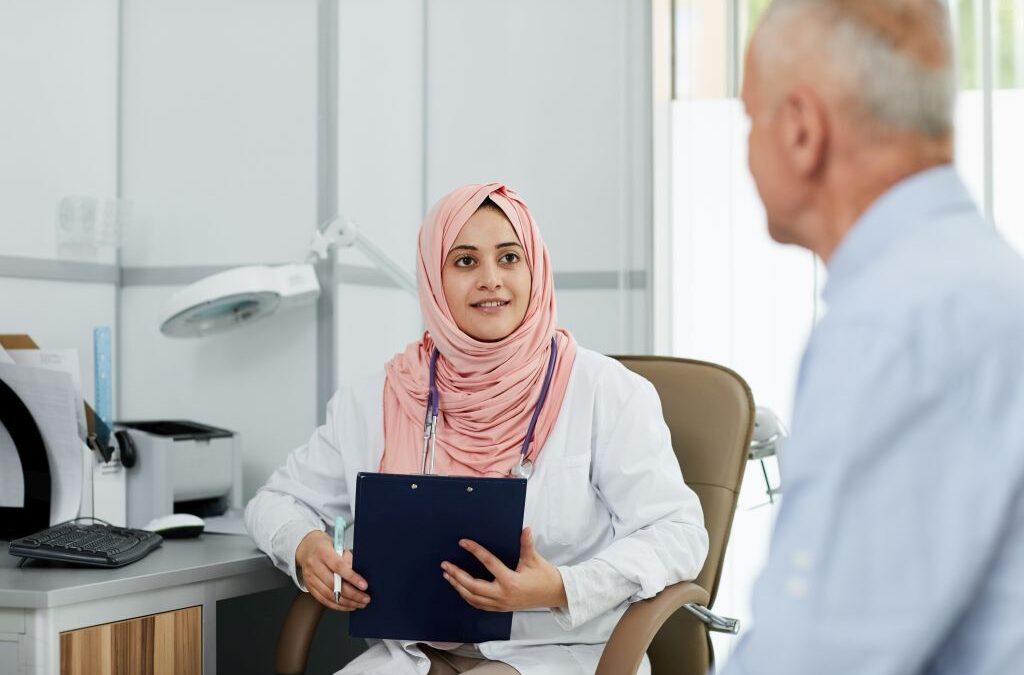Migraines can be debilitating, but beyond medication, there are non-medication treatments that can help prevent or reduce the frequency and severity of attacks. These approaches focus on lifestyle adjustments and natural therapies, offering a drug-free alternative for those who prefer not to rely on medications or are unable to take them.
1. Neuromodulation Therapy
One promising option is neuromodulation, which involves using electrical stimulation to regulate nerve activity in the brain. This can be done through techniques like transcranial magnetic stimulation (TMS) and vagus nerve stimulation (VNS). TMS sends magnetic pulses to the brain to reduce migraine attacks, while VNS stimulates the vagus nerve to manage pain. These therapies have been particularly beneficial for individuals with chronic migraines or those who experience medication overuse headaches.
2. Behavioral Therapy
Stress is a common migraine trigger, and cognitive-behavioral therapy (CBT) has shown effectiveness in managing stress and reducing migraines. CBT focuses on changing negative thought patterns that contribute to stress and anxiety. Similarly, biofeedback trains individuals to control physiological functions such as muscle tension and heart rate, helping prevent migraines from being triggered by stress.
3. Dietary Adjustments and Nutraceuticals
Some foods can trigger migraines, so identifying and avoiding these triggers is key. Nutritional supplements known as nutraceuticals, such as magnesium, riboflavin (vitamin B2), Coenzyme Q10, have also been explored for their role in migraine prevention. These supplements can support nerve function and reduce inflammation, though it’s important to consult a healthcare provider before starting any new supplement regimen.
4. Lifestyle Changes
Lifestyle plays a significant role in migraine management. Maintaining a regular sleep schedule, engaging in moderate exercise, and adopting mindfulness practices like meditation or yoga can significantly reduce migraine frequency. It’s essential to identify personal triggers, whether they are related to sleep, stress, or diet, and make gradual adjustments to avoid them.
5. Hydration and Proper Sleep Schedule
Staying hydrated and getting enough sleep are fundamental for migraine prevention. Dehydration can trigger migraines, so drinking water regularly throughout the day is crucial. Additionally, establishing a consistent sleep routine can reduce the likelihood of sleep-related migraines.
In conclusion, non-pharmacological treatments provide a range of options for individuals seeking a more natural or complementary approach to managing migraines. Whether through neuromodulation, stress management, or lifestyle changes, these methods can be tailored to each person’s needs. However, it’s important to work with your neurologist to find the right combination of treatments.

